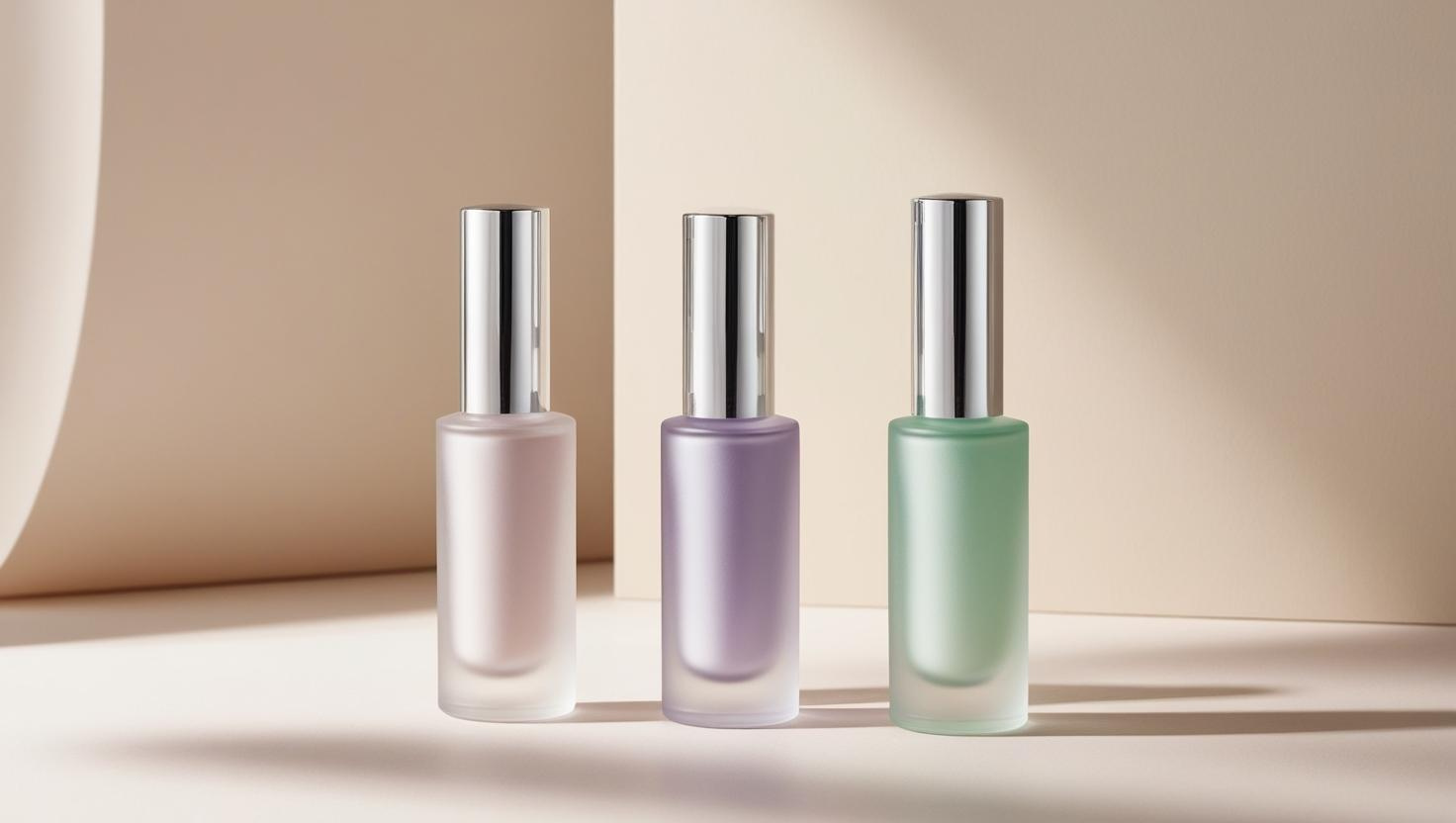Key Takeaways
- Neurotoxin injections like Botox, Dysport, and Xeomin smooth wrinkles by relaxing facial muscles.
- Besides cosmetic enhancements, neurotoxins effectively treat medical conditions like migraines and excessive sweating.
- Consulting with a skilled injector ensures personalized, safe, and satisfying results.
How Neurotoxin Injections Work: Botox, Dysport, and Xeomin Explained
Wrinkles, beware—your days are numbered. Neurotoxin injections are here to smooth, relax, and basically tell those pesky facial lines to take a hike. Whether you’re Botox-obsessed, curious about Dysport, or you’ve heard whispers of Xeomin, this guide will break down exactly how these magic potions work. We’ll explore everything from a brief history of botulinum toxin to its uses in both beauty and medicine—and yes, we’ll help you decide which treatment might be your perfect match. Let’s get into it!
What are Neurotoxin Injections?

Neurotoxin injections might sound like something out of a sci-fi movie, but trust us—they’re much less “mad scientist” and much more “modern beauty wizardry.” These treatments are the go-to solution for freezing time (or at least your frown lines) and are loved by millions for their ability to keep faces looking fresh, relaxed, and eternally unbothered. But what exactly are they, and how do they pull off this wrinkle-smoothing sorcery? Buckle up, we’re about to break it down!
A Quick Look at Neurotoxin Magic
First things first, neurotoxin injections use a purified form of botulinum toxin to relax facial muscles. “Toxin” might sound scary, but don’t sweat it—this stuff works wonders in small, controlled doses. The result? Smooth skin, fewer wrinkles, and a newfound love for your mirror.
While neurotoxins are best known for their beauty benefits, it’s worth noting that they have an impressive range of applications beyond aesthetics. From preventing wrinkles to solving embarrassing sweat issues, these injections have proven their versatility time and again. So, if you’re looking to refresh your appearance or find relief from certain medical conditions, neurotoxin treatments might be your new best friend.
What can they do, you ask?
- Treat those pesky frown lines (your “11s”)
- Tackle crow’s feet (because squinting at your phone all day isn’t kind to your eyes)
- Handle forehead lines that scream, “I’ve had a week!”
And if that’s not versatile enough, they’re also used for medical conditions, such as cervical dystonia (muscle spasms) and excessive sweating. Yes, even your sweaty pits can get a high-tech makeover.
Botox, Dysport, and Xeomin—The Holy Trinity

Botox may dominate the spotlight, but Dysport and Xeomin bring unique strengths to the table, making them formidable contenders in the world of neurotoxins. Although they each share the same primary ingredient, slight variations in their formulations and application methods mean that there’s likely a perfect match for everyone. Here’s a quick look at what sets each one apart.
Botox
- FDA-approved for frown lines, forehead lines, and crow’s feet.
- Known for precision—a favorite for small, targeted areas.
Dysport
- Works similarly to Botox but spreads more, making it great for bigger areas like the forehead.
- Bonus points for kicking in slightly faster.
Xeomin
- The “naked” toxin—it doesn’t contain any additional proteins, which might reduce the risk of resistance over time.
- Perfect for those who want a simplified formula.
Cosmetic Meets Medical

While cosmetic enhancements might be the most popular reason people opt for neurotoxin injections, their medical benefits deserve equal applause. In fact, neurotoxins have been groundbreaking in offering solutions to issues that once seemed untreatable. From chronic headaches to bladder control, these injections continue to surprise and impress patients and doctors alike.
Medical Applications of Neurotoxins
Apart from jaw-dropping anti-aging results, neurotoxins play doctor for conditions like migraines, muscle stiffness, and even bladder issues. They’re like that overachieving kid in school who was both valedictorian and team captain.
A Brief History of Botulinum Toxin
Before we dive into the fascinating backstory of botulinum toxin, let’s take a moment to marvel at how something so infamous could become a modern-day superstar. From its notorious beginnings as, well, a toxin, to its glow-up as a cosmetic and medical powerhouse, this little molecule truly has a rags-to-riches tale worth telling. Buckle up—this is history, but make it glamorous.
Botulinum 101
Did you know botulinum toxin started its career as a bacteria discovered in the 19th century? (Science!) Back then, it was notorious for causing botulism, a serious illness that could paralyze muscles. But clever researchers saw potential and decided, “Hey, what if we use this… but for good?” This transformative thinking paved the way for one of modern medicine’s most popular treatments, revolutionizing both cosmetic and medical fields.
From Crossed Eyes to Crown-Rivaling Wrinkle Relief
The 1960s marked botulinum toxin’s big break, starting as a treatment for crossed eyes (strabismus) and uncontrollable blinking (blepharospasm). Fast-forward to 1989, and Botox snagged its first FDA approval. Today, it’s used for everything from migraines to turning scowls into smiles. Its impressive evolution highlights just how adaptable—and beneficial—this toxin can be when used correctly.
How Do Neurotoxins Work?
Brace yourself, because we’re about to take a peek under the hood of how these superhero neurotoxins actually work. Spoiler alert: it’s all about nerve signals, sneaky science, and a little bit of magic (okay, a lot of science and no actual magic, but it’s still pretty cool).
The Science Behind the Smooth
Here’s where things get geeky (but cool). Neurotoxin injections work by blocking signals from your nerves to specific muscles. Typically, your muscles contract when nerves release a chemical called acetylcholine. Neurotoxins stop this chemical from reaching its destination, effectively relaxing the muscle.
The beauty of this scientific mechanism is its precision—neurotoxins target specific muscles without affecting overall facial movement when administered correctly. This ensures you retain natural expressions while smoothing out those bothersome wrinkles. No frozen face here, just subtle rejuvenation.
The result?
- Dynamic wrinkles (the ones caused by movement) soften dramatically.
- Muscle spasms chill out, offering relief to those with certain conditions.
- Basically, it’s like your muscles are on a mini vacation, sipping margaritas while you enjoy smoother skin.
Medical Uses Worth Knowing

Neurotoxins aren’t just limited to beauty—they’re bona fide heroes in the world of healthcare. Medical professionals have been amazed at their effectiveness in treating conditions that previously lacked robust solutions. Let’s explore how they’ve changed lives in more ways than one.
Conditions They Treat:
- Cervical dystonia: Tames painful neck spasms.
- Chronic migraines: Reduces the frequency and severity of those “lock-yourself-in-a-dark-room” headaches.
- Excessive sweating: If you’re drowning in sweat despite six layers of antiperspirant, neurotoxins can block the glands from overproducing.
- Urinary incontinence: Ah, the joy of Botox—a bladder’s secret weapon.
Book your consultation with Body Balance Medical today to find out how neurotoxins can work wonders for you.
Ready to Experience the Magic?
Ready to smooth away wrinkles, say goodbye to pesky muscle spasms, or finally tackle excessive sweating? The experts at Body Balance Medical in Las Vegas, NV, are here to create a customized neurotoxin plan tailored specifically to your needs. Don’t wait—your best self is just a consultation away!
Schedule your personalized consultation at Body Balance Medical today and step confidently into a smoother, younger-looking tomorrow.







